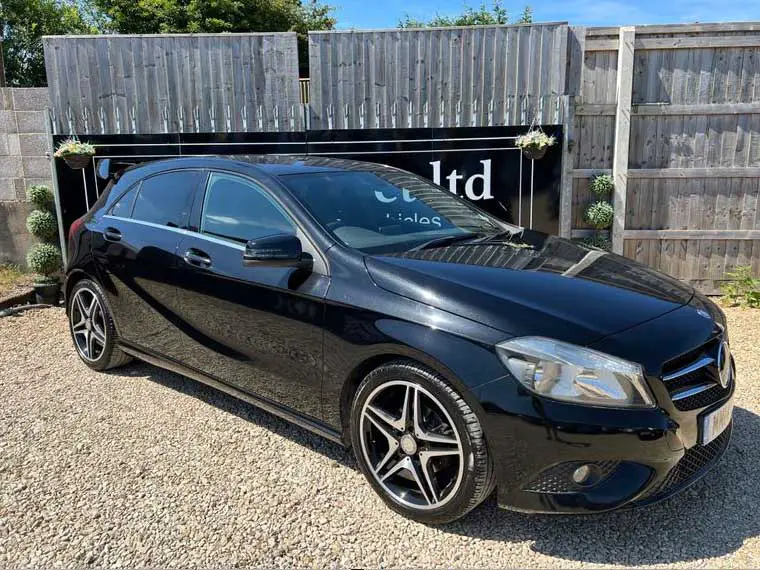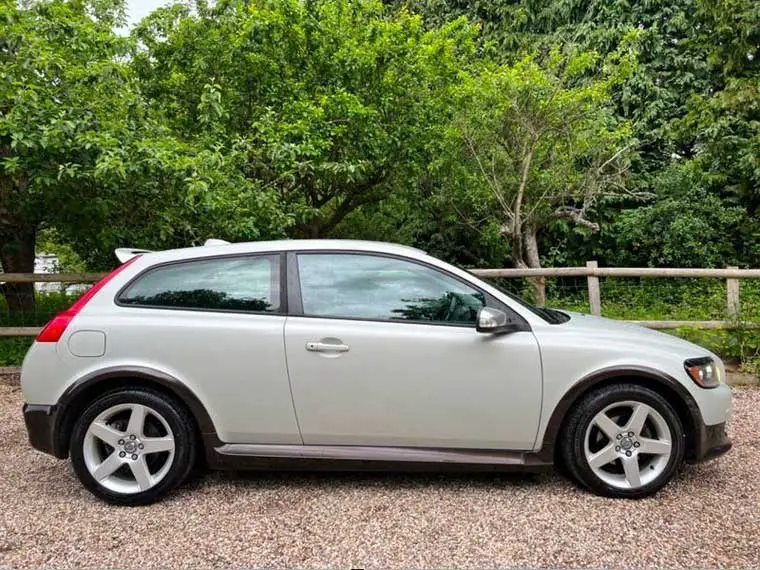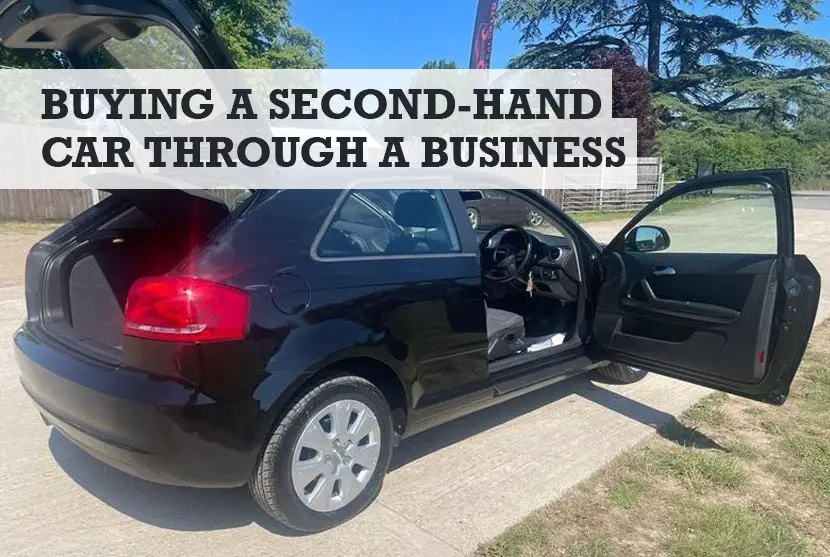Owning a company comes with many challenges, but also benefits too. One benefit is the ability to buy a car via the business, albeit with the various tax implications. As well as tax, there’s another consideration too; the used car market.
Can a business buy a second-hand car? Yes, a company / business can buy a second-hand car as there are no pre-requisites meaning you need to buy brand new. Therefore, you are perfectly within the HMRC rules for your limited company to buy a second-hand car for business purposes.
As with any business purchase, when you buy second-hand car through a company it will never be as straightforward as just making a bank transfer.
The guide below explains why it’s ok to buy a second-hand car for your business, but how you will have obligations to HMRC and implications for tax.
How to buy second hand car through a business
Before you buy a used car through your limited company or as a sole trader, you need to consider whether it’s worth it.
Before you go on, we’d recommended reading our comprehensive guide to buying cars for a business. That guide offers a lot more detail on what you need to consider before making a purchase including how tax works.

Can a company buy a second-hand car?
Your limited company can buy a second-hand car within the rules set out by HMRC. But before you do make a used car purchase, here’s some details which apply to buying second hand cars, instead of a new one.
1. CO2 emissions when buying a second-hand car through a company
The HMRC benefit in kind calculations uses the CO2 emissions in the formula for working out how much it costs an employee to have the company car.
Newer cars have lower CO2 emissions as the government has made dirty cars less desirable as they try to meet their carbon emissions targets.
Buying a second-hand car for your business to save money might end up costing more eventually.
2. Running costs when buying a second-hand car through a company
Now we have proven that a company can buy a second-hand car we need to discuss the practicalities of owning a second-hand or older vehicle.
The running costs of that car are likely to be higher than a new car. It will not be as economical on fuel which now is very topical with record-high fuel prices.
If the car is going to do a lot of miles, it needs to be reliable.
3. Capital allowances when buying a second-hand car through a company
Second-hand company cars bought from April 2021 with CO2 emissions of 50g/km or less (or car is electric), can claim main rate allowances, which is currently 18% of the car’s value (2022).
Second-hand cars bought from April 2021 with CO2 emissions over 50g/km, can claim special rate allowances, which is currently 6% of the car’s value (2022).
Common questions business owners will ask when buying a used car
Other topics to consider will be:
- Will I lose my insurance “no claims” bonus?
- How much tax will I pay? (Here’s how you might reduce it)
- Is it better to buy a business car or lease a business car?
- Who handles the running costs of a business car?
- Is it better to claim mileage or fuel?
- Would it be better to get a car allowance?
Handy Hint: The answers to these questions and more are all covered in our larger guide to buying a car through a business.
How buying a used car on your business is treated for VAT
When you buy a brand-new car via your limited company you can reclaim the full VAT amount, providing the vehicle is used for business purposes. The caveat here is that HMRC don’t let you reclaim the VAT if the car is used for any personal journeys.
This also works the same when a limited company buys a second-hand car, as HMRC recognised used cars as being “new” to your business, so VAT can be claimed back.
Of course, the VAT will only be listed when you buy from a dealer who can issue you with a VAT invoice, rather than a private individual.
The pros and cons of a company buying a second-hand car
Advantages
1. Second hand company cars don’t depreciate as much
Another consideration is how much value a new car loses in the first year of ownership. You’ve probably heard that a brand-new car depreciates the moment it is driven off the forecourt, but did you know it was as high as a 40% drop in value after three years?
If that sounds incredible, you’re right, it is.
This is according to research published by The AA in March 2012.
The average new car will have a residual value of around 40% of its new price after three years (assuming 10,000 miles per year) or in other words will have lost around 60% of its value at an average of 20% per year.
If re-sale value is important to you (and why shouldn’t it be), buying a used car through your limited company could be more cost-effective in the long run… you might even make money on the 45p per mile policy.

2. There’s more choice in the used market
When your company goes to buy a second-hand car, you immediately give yourself far more choice of what to buy. The WhatCar.com website say there are 8 million cars on the used market every year.
As a business that means you have a huge range of vehicles to choose from to suit you and your company.
Disadvantages
1. Uncertainty over the car’s history
The biggest downside of buying a second-hand car via your business will be the uncertainty over the vehicle’s history. Private sellers won’t always be open, honest, and transparent about issues with the car.
One of the biggest risks with buying second-hand is not having a service history. This gives unscrupulous sellers and opportunity to “clock” the car by turning the mileage back.
The Independent explained how clocking is on the rise (see source).
Unsuspecting motorists are more vulnerable behind the wheel than ever before. New figures reveal that the number of cars on UK roads with mileage discrepancies has risen to one in 14, or about 7 percent. The number of cars being “clocked” has shot up from one in 16 in 2017 and one in 20 cars in 2014, an increase of nearly a third in just five years.
2. The lack of a manufacturer warranty
When you buy a second-hand car, you won’t get a warranty from the manufacturer like you would when buying new.
3. No made to order specification
You also won’t be able to pick the colour, features, added extras, and little options that make buying a brand-new car so special. When you buy a second-hand car, you get what you pay for, including the rubbish stereo!
Conclusion
The topic of buying second-hand company cars has become more popular in recent years given the business challenges that came with the global pandemic.
It’s possible you can buy a second-hand car via your business, but before you do, make sure you understand how this impacts you and your limited company.
You might also like…
- Here’s how much small business owners tend to take as a wage
- Why you should keep every single receipt
- How you can give a company car to a director’s wife or husband

Jon has been in business since 1999, and in that time worked with more than 300 small business clients. As well as being an accountant, he is also an early adopter of tech, and has helped small businesses to leverage the power of their computer systems by creating software to automate and simplify accounting tasks.






